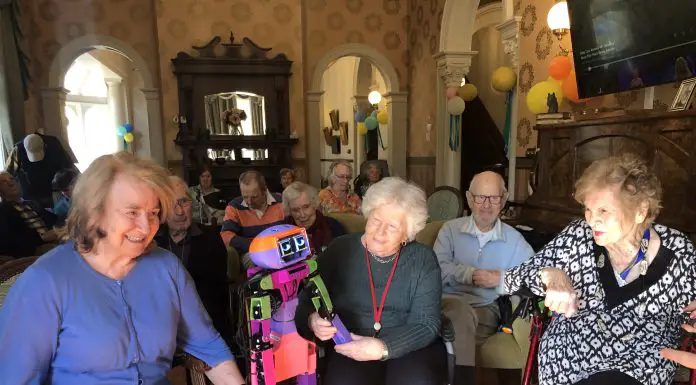Research conducted by The Violet Initiative, The Evolved Group and Alchemy Research & Insight, involving over 1000 participants across Australia, exposes a concerning lack of discussion and preparation regarding death and dying.
The study revealed that 95% of Australians have experienced the death of a significant person in the last two years, with over half having had a close encounter with death themselves. Despite these pervasive experiences, society avoids open conversations and planning for end-of-life matters.
Conducted with the assistance of a Conversational AI Bot named ‘EVE,’ the research unearthed the negative consequences of this avoidance. The impact includes extended work absences, widespread mental distress, depression, and anxiety, affecting 3.1 million Australians who do not seek professional help or guidance.
For those working in the care sector, the issue is even more pronounced, with the research showing that 41% of people exposed to death and dying in their work – experience trauma – with only 15% seeking support.
Mental health is an area particularly impacted, with the research suggesting that 38% of people experience a deterioration when caring for someone.
This societal reluctance to confront death is costly, with an annual expenditure exceeding $1 billion on health and economic systems. As Australia’s ageing population is expected to double the number of deaths in the next 15 years, the nation faces a looming macro social and economic crisis.
The consequences of this lack of preparation include decreased workplace productivity due to unresolved grief, delays in processing deceased estates and insurance claims, aged care workforce burnout, and unplanned hospital admissions and treatments. Without increased recognition, education, and investment in community support services, these challenges will continue to mount.
Inside Ageing spoke with The Violet Initiative’s CEO, Melissa Reader, who highlighted the potential of emerging technologies (including AI) to facilitate emotionally intelligent and open conversations about death. She called for government action, particularly in light of the recent Intergenerational Report 2023, to create a model that delivers better outcomes for all Australians in their final stages of life.
“The Intergenerational Report cited five major forces shaping its trajectory. Our work through the Violet Initiative is related to three out of these five areas, including the ageing population, the expanded utilisation of digital and data technologies, and the growing demand for care and support services”, Ms Reader added.
Previous research conducted by the Grattan Institute shows that 70% of people want to die at home but less than 15% get to do so. Today, one in two people die in hospital, our least preferred place to die…
A quote from the report
The Violet Initiative is calling for new community models that empower individuals, their families, and caregivers to prepare better for end-of-life decisions and access the necessary practical, emotional, and clinical support.










